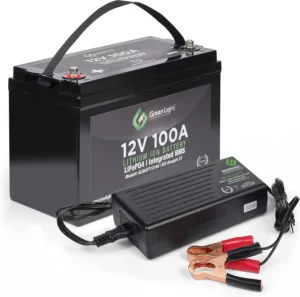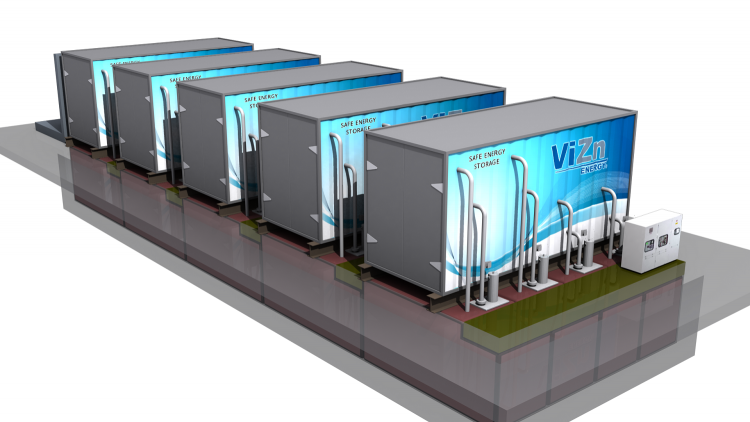Solar Batteries in South Africa
Our website is the greatest resource for comparing costs, features, and quality in the active home-use and solar system battery market in South Africa. Our reasonably priced household batteries fit a variety of budgets without compromising functionality. From cost-effective lead-acid to state-of-the-art lithium-ion, we offer dependable energy solutions for any family.

When it comes to solar system batteries, we are aware of how important longevity, efficacy, and long-term cost-effectiveness are in South Africa. Top solar battery brands are compared on our website based on factors including capacity, lifetime, and charging efficiency. Buyers can select high-end or low-cost batteries with cutting-edge features with the assistance of our unbiased reviews and recommendations.
We ensure quality by collaborating with leading battery manufacturers. Through strict quality control, we guarantee that every battery satisfies the highest criteria for performance, safety, and longevity. Customers may buy batteries with confidence thanks to our dedication to quality, which builds trust and future satisfaction.
When exploring South Africa’s home-use solar system battery market, our website is a reliable source. We offer our customers competitive pricing, thorough comparisons, and superior quality along with the information and choices they need to make well-informed energy decisions.
An increase in solar power installations
Solar installations have grown exponentially as a result of South Africa’s high solar irradiation and supportive regulations. Solar energy solutions are becoming more and more popular among the residential, commercial, and industrial sectors.
Types of Batteries for Solar Storage
Lead-Acid:
Conventional and economical, but with a lower energy density and a shorter lifespan.


Lithium-Ion:
Despite being more expensive, they are the better option because they are more effective, durable, and lightweight.
Flow Batteries:
They have extended cycle lifetimes, can manage massive energy capacities, and are perfect for large-scale storage.

Advantages of Using Solar Batteries
Energy Independence
By lowering their reliance on the national grid, solar batteries help businesses and homeowners be less vulnerable to power disruptions and rising electricity prices.
Reliability and Stability
Solar batteries improve the stability and dependability of energy systems by offering a steady power source, guaranteeing that vital processes can go on as planned.
Cost Savings Over Time
Solar batteries result in long-term savings on electricity bills, even though the initial investment is high; they frequently pay for themselves over many years.
Environmental Benefits
Because solar batteries eliminate the need for fossil fuel-based electricity generation, greenhouse gas emissions are greatly reduced, leading to a cleaner world.
How to Choose the Right Solar Panels Batteries
Choosing the right solar panel batteries for your needs is crucial to ensure optimal performance and energy efficiency. Here’s a guide to help you to choose the right solar panel batteries:
- Assess your energy storage needs: to decide how much and how long you want to store energy. Take into account things like your regular use habits and the necessity of backup power in case of grid failures.
- Select the right kind of battery: Choose battery technologies such as lithium-ion, lead-acid, or others based on performance, longevity, and cost.
- Battery capacity: make sure the battery’s capacity meets your needs for energy storage, and take into account the discharge rate to accommodate your usage habits
Conclusion
Solar energy and battery storage present a viable solution to South Africa’s energy challenges. By embracing these technologies, individuals and businesses can achieve energy independence, cost savings, and environmental benefits. The future looks bright for solar energy in South Africa, with continued advancements and growing support driving the transition to a sustainable energy future.
FAQ's
Battery storage capacity refers to the amount of electricity your batteries can hold. This is often measured in kilowatt-hours or kWh. The average battery is about 10 kWh. In a power outage, a fully charged 10 kWh battery should allow you to power your home for 24 hours.
When the battery is full, the excess power is directed back into the solar panels, resulting in a temporary increase in voltage. This method effectively reduces the overall efficiency of the system because the excess energy is essentially lost.
Typically, you’ll need about two to three batteries to avoid using grid electricity during peak hours and when your solar panels aren’t producing power. You’ll still rely on the grid on a cloudy day, but you’ll be self-sufficient enough to maximize your solar investment.
